S15, E5: The Rapacious Reptilian
Series 15: How to Remain Blameless while Calling BS on 'No Free-Will'
An Effect with no Cause?
Up to and including Episode 3 I was arguing against the increasingly fashionable belief that we have no free-will. Some ‘determinists’ would no doubt say that this is where the principles of science plus cause and effect inevitably lead; they might even be slightly irked by my calling it a belief. But how scientific is it to suppose that the capacity for consciousness evolved for no particular reason? That is where this logic takes us.
In Episode 3 I wrote this:
Neurological experiments have been conducted where it has been shown that decision-making seems to precede our conscious mind’s awareness of those decisions …
This makes perfect sense but this does not mean that consciousness has no function other than provide genetic vehicles with a cinematic experience.
Before continuing it is essential to understand that ‘survivability’ is the probability of an organism living long enough to reach sexual maturity and reproduce. This is a recurring italicised term.
In Episode 4, it was asserted that by whatever means, the purpose of sentience must be to improve our survivability. I asked you to think of unconscious and conscious processing as being functionally linked in a closed-loop of control.
Related Free Content
A purely mechanistic world could exist without free-will and I appreciate that there must have been a time on Earth when there was only unconscious life and therefore no free-will.
I would have no difficulty accepting that what happened on an exoplanet populated by evolved, but not-yet sentient lifeforms, would be purely environmentally determined. To an observer, they might appear to be acting as if in deliberate self-interest rather than mindlessly providing a generational taxi service for genetic material. The prevalence of artificial intelligence (AI) makes this point more relatable.
We know that creating a machine that behaves like a human in some limited ways can be achieved but that doesn’t put us close to building one that is actually conscious. I see this technical barrier as a fortuitous one for as long as we are confused about the nature of free-will.
There is good reason to fear the arrival of superior general intelligence but AI sentience is a far more dangerous prospect. I say that for the same reason that I hold consciousness to be functionally essential to us; it’s the gateway to intentionality, which might make it possible for the agendas of humans and AI to drift apart. How can we be alive to this conflict risk if we pretend that auto-determinism does not exist?
Getting rid of free will “completely strikes at our sense of identity and autonomy and where we get meaning from,” Dr. Sapolsky said, and this makes the idea particularly hard to shake.
My objections do not result from a misunderstanding of cause and effect nor am I affronted by the thought of being a piece of determined bio-machinery. As a starting point consciousness must have a functional purpose. Our capacity for sentience must have evolved to improve survivability since that is the only reason anything evolves; sentience must make a material difference to our interactions with the environment. “Getting rid of free will” strikes at how incredulous I am that it can be taken seriously.
The Baby Awakens
I would be sceptical of any claim that a new born human has any free-will, not just for the sake of being too helpless to exercise preferences but because it’s unable to engage with the world in order to acquire preferences in the first place. It is easy to overlook how extraordinary this is since most other creatures achieve independent mobility within a few hours of birth.
A newborn human will be unable to focus its eyes for up to three months making it impossible to construct any kind of internal model of the environment. Crying is a reflexive distress flare sent up by the primitive (reptilian) brain because the evidence suggests that a baby is not self-aware until around five months old. I speculate that sentience is not a priority of nature before there is any scope for free-will; what benefit would feeling vulnerable give before it can serve any developmental purpose?
It makes sense that our ability to self-determine would increase as the constraints of childhood fall away and we master impulse control. At some point our behaviour becomes regulated by self-discipline within the limits imposed by the environment. Perhaps the experience of free-will comes from the tension between external constraints and internal discipline.
Biological Automation
To explore the idea that awareness has a survivability purpose I looked at where it seems to be absent and asked why.
We can be sure it is not needed in cell division, in bacterial reproduction and probably not in the lives of superorganisms i.e., insect colonies. We have reflexes in our body that use our sensory mechanisms but bypass our brains altogether. A biological action can therefore be automated in a way that does not require consciousness or free-will.

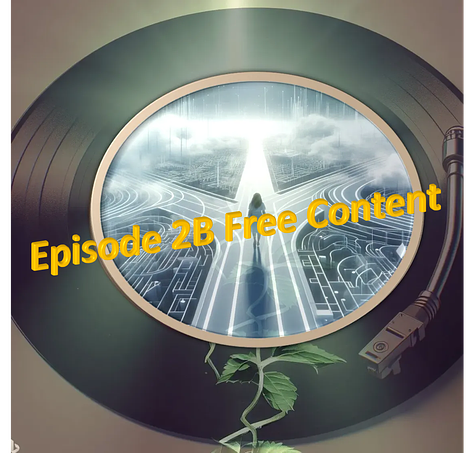
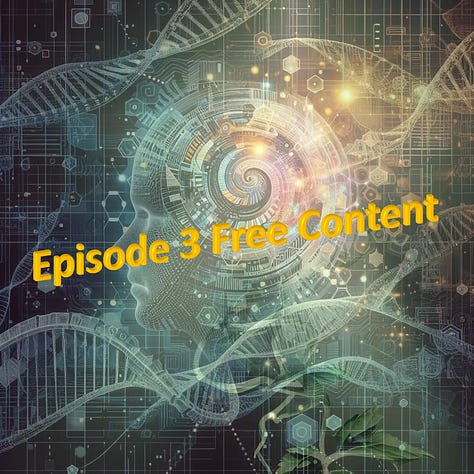
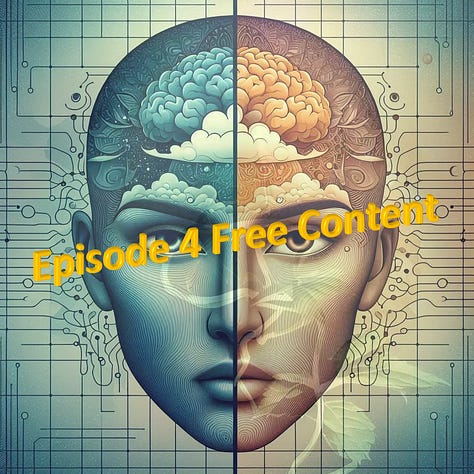
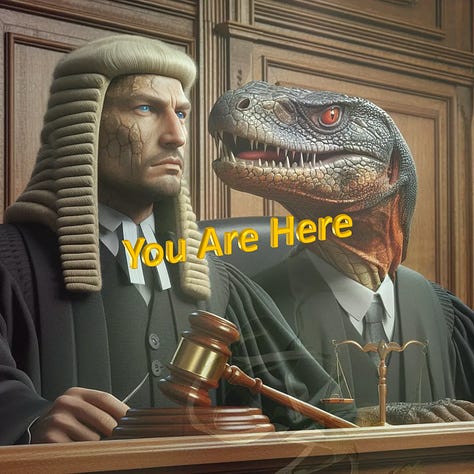

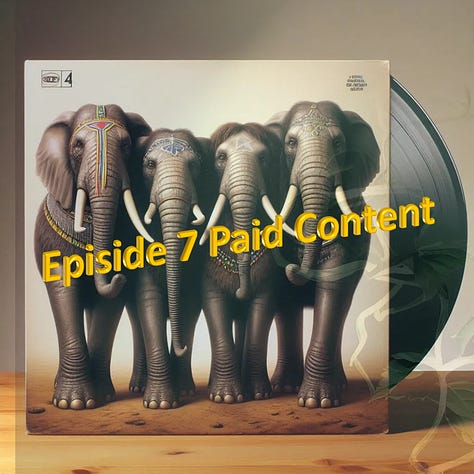
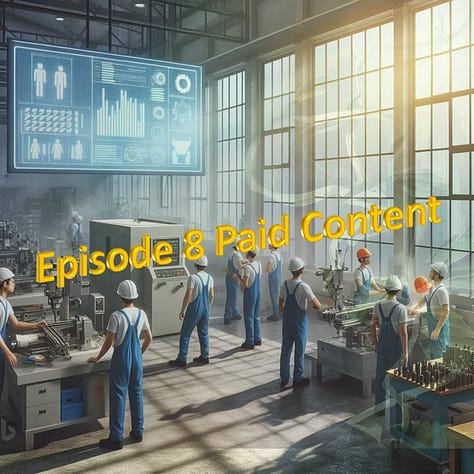

Keep reading with a 7-day free trial
Subscribe to The Vigne Intervention to keep reading this post and get 7 days of free access to the full post archives.





